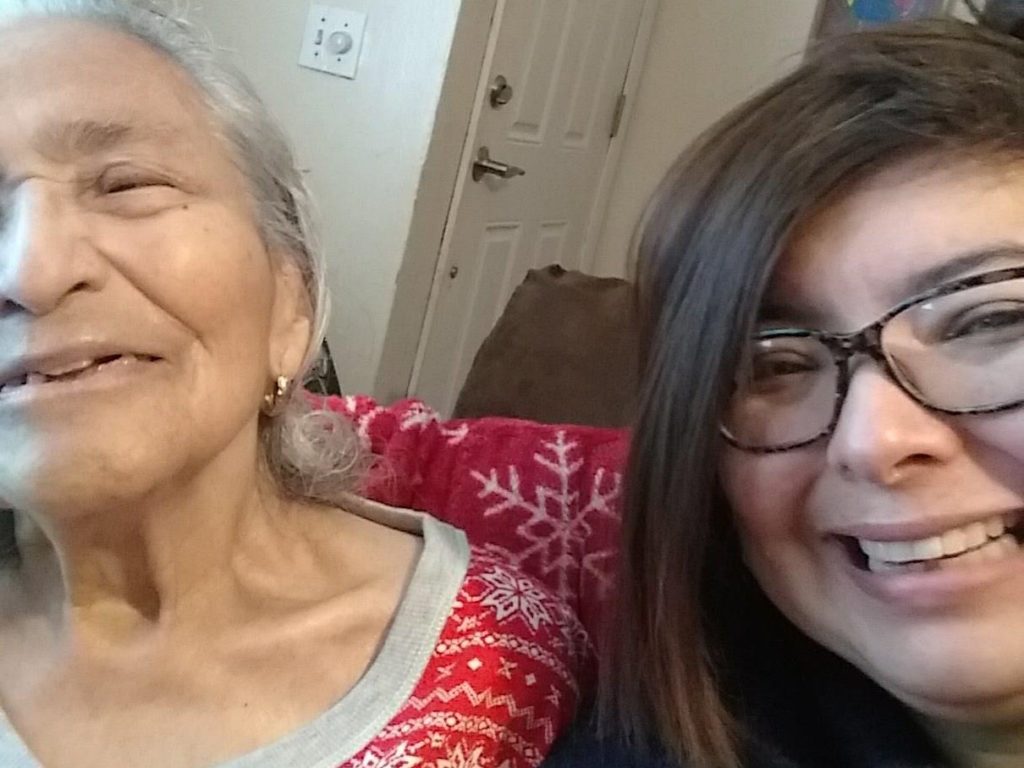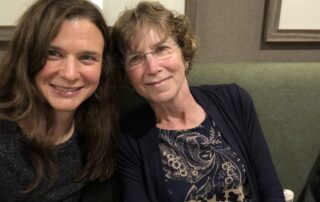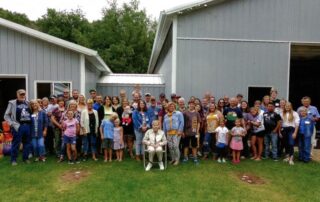Araceli Esparza’s grandmother picked vegetables for canning factories in Wisconsin. Among the vegetables she picked were beets, which stained her hands with both their color and smell. Araceli tells us about how the smell of beets unleashed memories of her grandmother’s hands.
¡Honoring Las Manos de Abuelita y El Movimiento de Cesar Chavez y Los Trabajadores!
Betabel
Betabel Rojo
Sabor de tierra húmeda
la cual nunca he probado antes de hoy.
Lo curioso es que ya sabía tu sabor
por las manos de mi abuelita que a hace
mucho tiempo te pizcaba.
Te jalo de la tierra madre
Te pisco en los campos de Nebraska de los fieldes de Wisconsin.
Tu color mancho sus manos
tu olor se impregno en su piel.
Recordé a abuelita con el sabor y olor del betabel.
Lo se porque hoy te olí betabel
con el sabor en mi boca de la tierra de mañanas húmedas, y otra vez estuve allí abrazada de mi ella.
==
I wrote this because my political vision would be nothing if not for my grandmother. She taught me about El Union, about caring for my neighbor, caring for those who didn’t have, and to cherish what we did have.
Mi Abuelita came here to the United States as migrant worker. She picked beets, corn, and many other vegetables.
I wrote this poem after eating beets that were given to a class in which I was subbing. The beets were from the Community Garden (CSA) program that gives their harvest to schools with a high percentage of kids on the free/reduced lunch program.
None of them had tasted fresh beets, and until that day, I thought I hadn’t either. The moment the bag opened and we passed out the snack; the entire room filled with her, mi abuelita’s smell! I held back tears while eating one, I watched the kids inspect them, eat them, and admire their color. I knew then, that it wasn’t my first time, eating one. I just never knew I had.
Zeferina M. Lopez was born in Mexico on August 22, 1923, and migrated to the United States when she was 9 months old. Like many migrant families, she returned to Mexico only to come back in 1967 to work as a migrant farmer worker in Nebraska, the Dakotas, and finally in Wisconsin. Here she served as a UW Humanities custodian for over 13 years and was an active member of Centro Guadalupe (now called the Multicultural Catholic Center) on Beld Street in Madison.
(This story originally aired November 18, 2015.)










